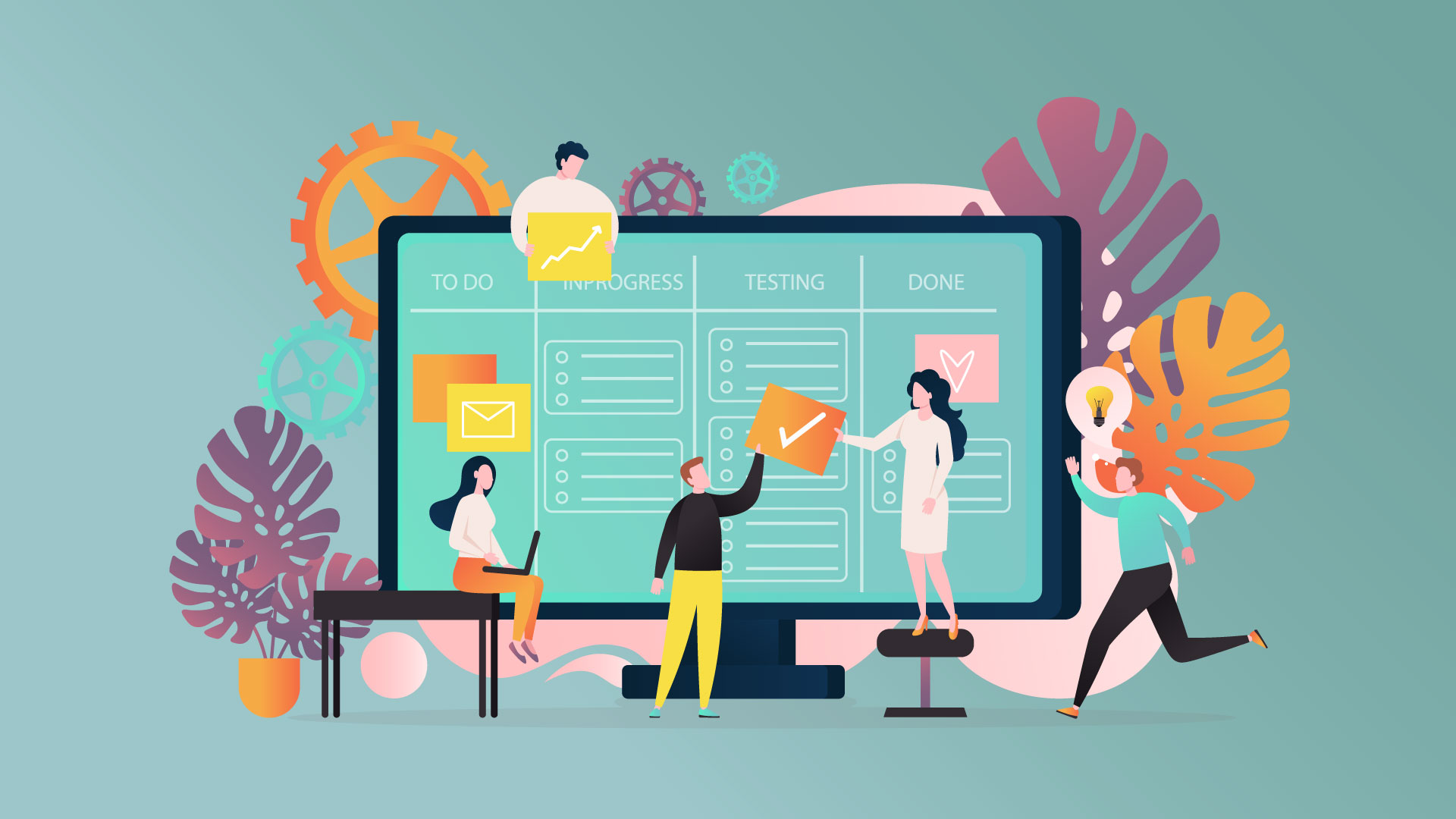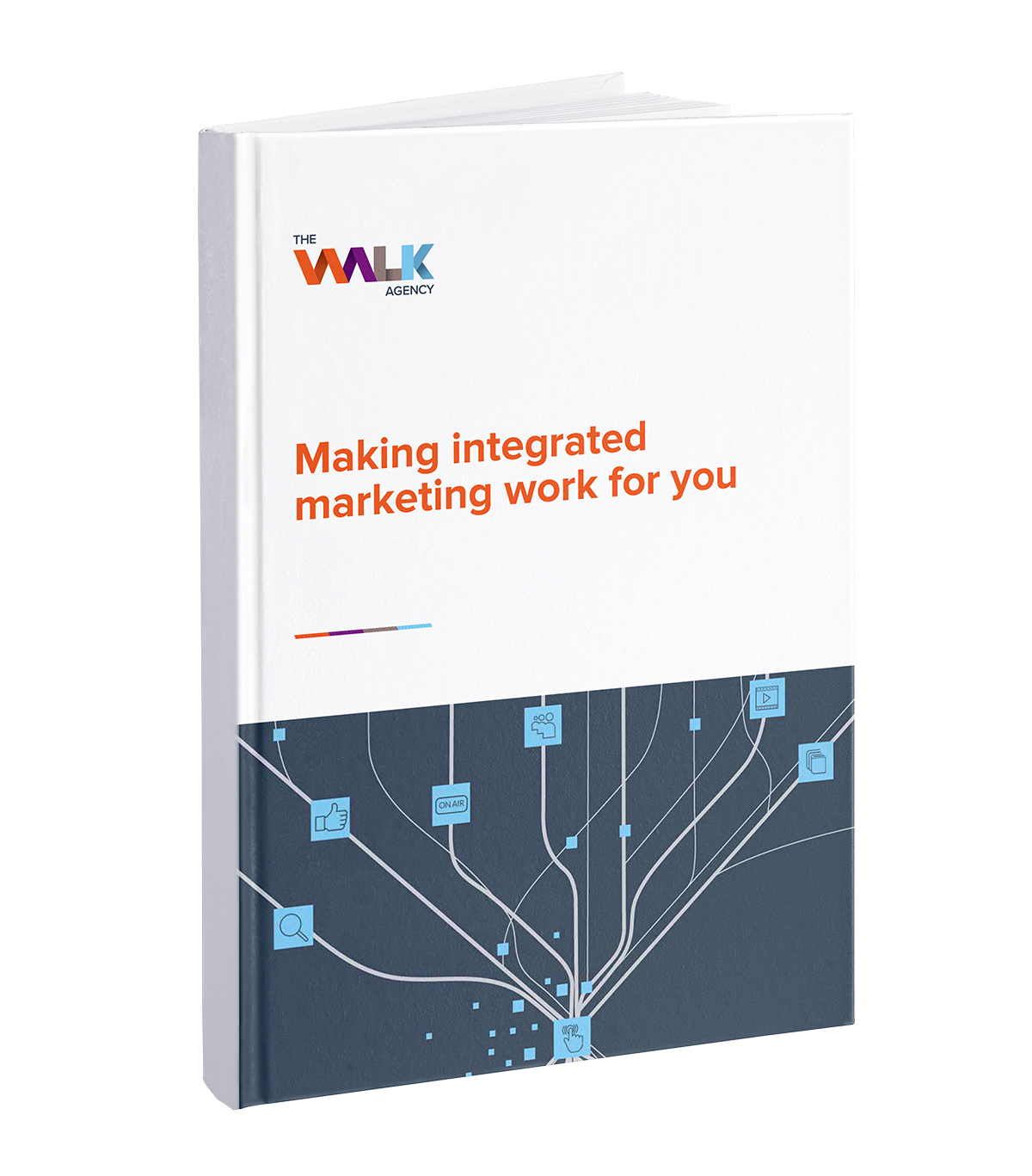With many options available in the market, choosing the right project management tool can be a daunting task. However, a good tool can work wonders for a team’s efficiency and productivity.
Project management statistics reveal that organisations using project management tools save 28X more money than those that don’t. Project management tools let you monitor progress, share information transparently and streamline resourcing to reduce wastage. However, it is important that the tool works for your team and not the other way around. An off the shelf product might not be the best fit for your requirements.
Here are four factors to consider before choosing the right project management tool.
Factor 1 – Team Collaboration
Data reveals that 86% of employees single out poor communication, or lack thereof, as the main reason for project failures. Miscommunication affects the work process from the ground up, causing delays, cutting down productivity, and possibly causing misunderstanding and conflicts among team members. It is best to pick the tool that increases and optimises communication and collaboration within your team. The size of your team will impact the price, so make sure to factor that in.
Key features that foster collaboration include:
Ease of use
The tool should be easy and intuitive to learn and use. Comments, tagging by member name, and group chats are must-have features in modern project management tools.
Remote and onsite access
Remote work is the standard today, and you need a tool that adapts well to a remote workforce. You need features like secure remote access and flexible communication that reduces the physical distance between team members.
Speedy onboarding of new members
Your project management tool should automate new member onboarding so that they have single-place access to critical information, see progress and existing tasks and have everything they need to start contributing immediately. While the process will look different for different roles in the team, the tool should support creating such a process.

Factor 2 – Software Usability
“
Will my entire team actually use this project management tool?
”
The big question you need to ask is, “Will my entire team actually use this project management tool?” Employees want to focus on their work, and project management tools can become a distraction. Most people struggle to tick boxes and send updates if it is tedious or time-consuming. The right project management tool should be easy to learn and use with a rich feature set that automates workflows to improve team productivity. The features you require will depend on your workflows and teamwork style, but some features we recommend include:
Time tracking
Automating time tracking and integrating this feature with your payment and HR systems can be a substantial productive booster for certain teams — for example, those who often work with contractors or bill clients hourly.
Charts and reports
Built-in analytics can give the team more insights into work progress and productivity. They are also helpful in measuring progress, increasing team motivation, and sharing insights with customers.
Task management
Collaborative to-do lists that team members can use to share tasks, cross off items and see task ownership is beneficial for managing projects. The tool design should be intuitive to use, for example, task cards that you can move or a checklist that you can visually mark off.
Tool performance
Ultimately, the software in question needs to operate fast. Lag is the killer of productivity and can damage your team’s workflow as much as poor usability. Therefore, the project management tool you are considering needs to deliver under the hood as well.
Factor 3 – Customisability
While some project management tasks are common to all teams, some requirements may be specific to your team. For example, you may want to store more images and files or require integrations with other tools that the organisation is already invested in. Therefore, the right project management solution should be adaptable to your unique circumstances. Some features that support customisation include:
Workflow automation
Automation is often vital, especially if you want to scale. By offloading specific tasks to automation, your team prioritise critical project aspects and deliver better quality.
Custom UI fields
The best project management tools allow UI level customisation that does not require technical support. Your team should be able to customise it to include your internal vocabulary. For example, a content marketing team may change the word task to Article and create roles like writer and editor.
Integrations
Integrations are software endpoints or plugin mechanisms that end-users utilise to integrate other tools. For example, if the team chats on Slack and uses Outlook for emails, the project management tool integrates with these systems so you can access all communication from within the tool. It is essential to ensure software compatibility with existing systems before selecting.
Factor 4 – Project Methodology
The project methodology you use often determines team routines, procedures and practices. Choosing a tool specifically designed for your methods can be a better fit as compared to other types. Some standard project methodologies include:
- Kanban
- Agile
- Waterfall
There are variations in the way these different teams work. For instance, Agile teams work in short cycles, called phases, and try and meet specific goals for each phase. On the other hand, Waterfall teams work in stages, with each stage requiring the input of several different departments before it can be marked complete. Tools for both teams would look and behave quite differently. For this reason, it’s crucial that your project management tool’s design supports existing methods or helps your team switch to a new work style faster.
Conclusion
When it comes to choosing the best project management software, it’s generally best to seek an all-in-one solution. Before you make a decision, summarise your needs, and research a single tool that covers all your requirements. The best project management tool supports change management for your team. It should be flexible and adaptable to changes in workflow or circumstances. More importantly, your team members should be willing to embrace and accept the tool, so that it becomes part of your organisations culture. This point can’t be highlighted enough. We are very excited to be developing a new project management software that specifically meets the needs of marketing teams. We look forward to sharing our finished product with you!




